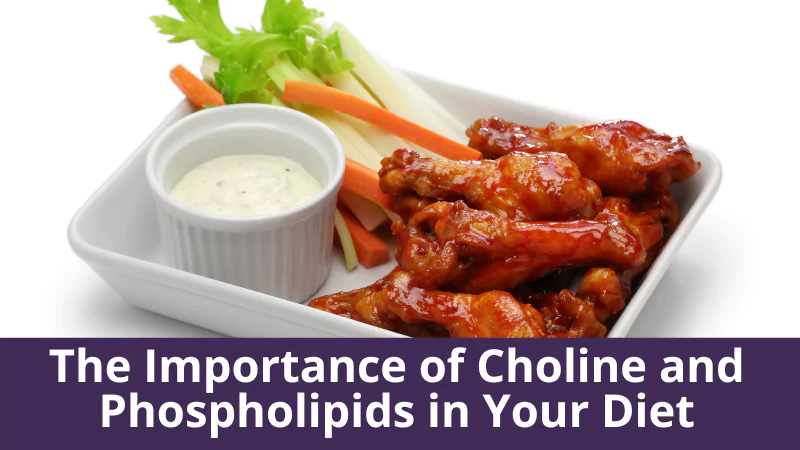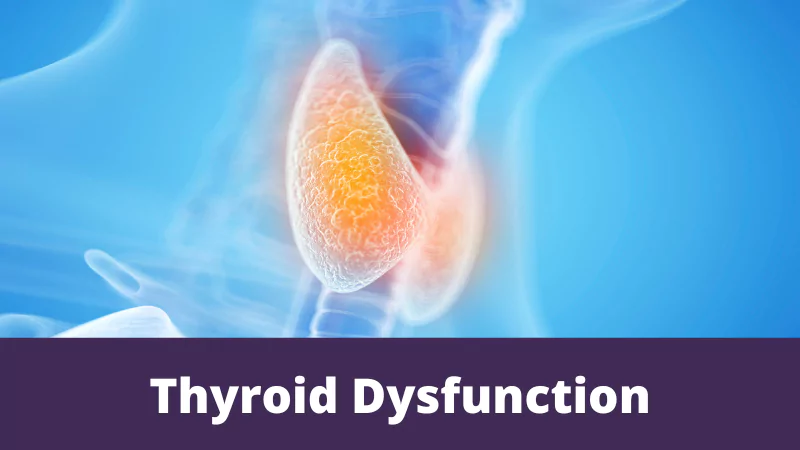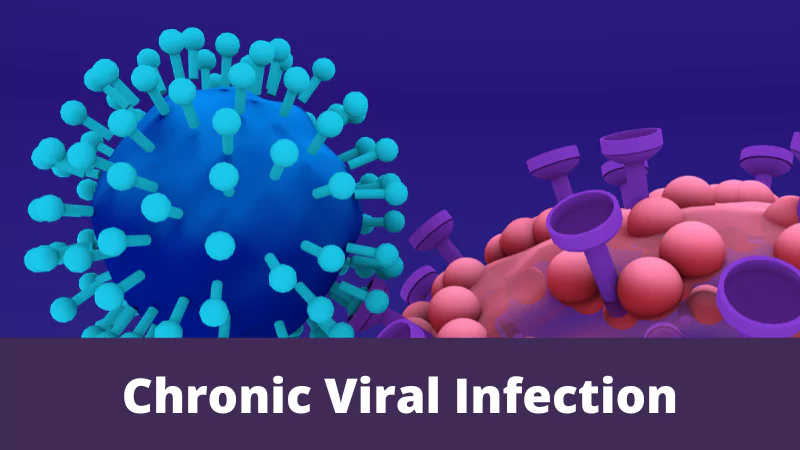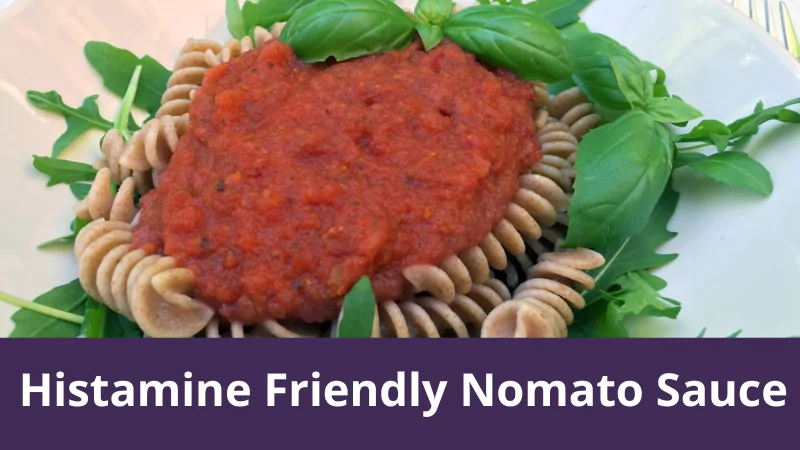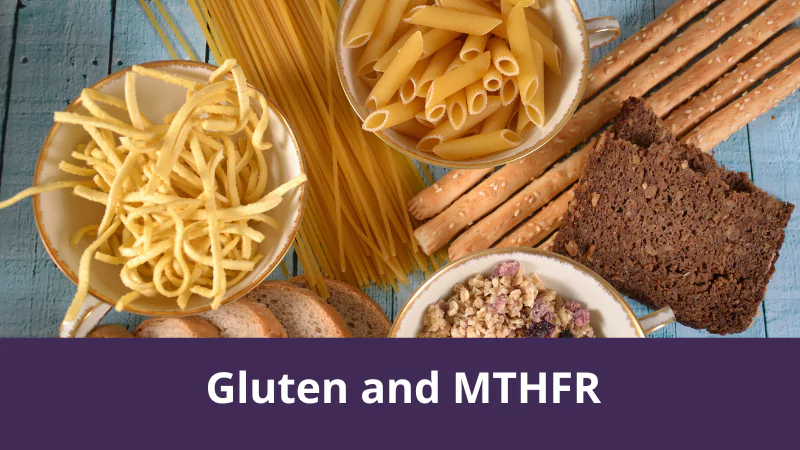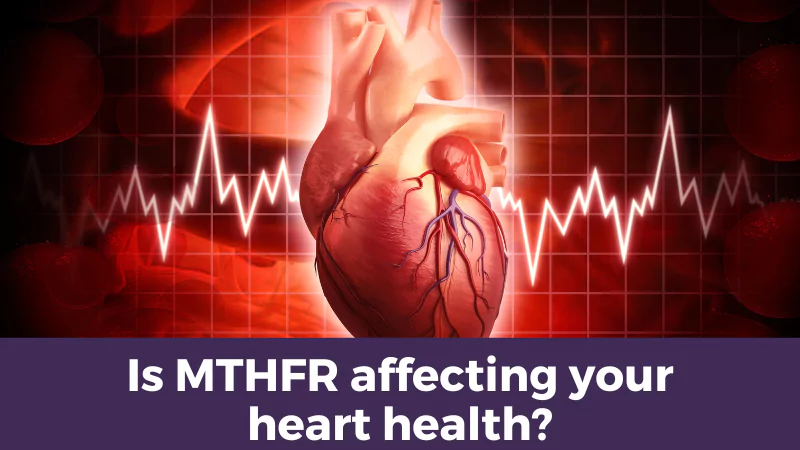The Importance of Choline and Phospholipids in Your Diet
Phospholipids, a vital component of all cells, are not only required for structural purpose in the lipid bilayer, but also prevents numerous diseases and general disorders at the cellular level. Our cells will be unable to function in the absence of phospholipids, or lack thereof. Phospholipids are, essentially, “fats” that constitute the cell membrane, and exist in several forms. Three of these include phosphatidylcholine, phosphatidylserine and phosphatidylethanolamine. Choline, which is bound to the fatty acids that form the phospholipid phosphatidylcholine, is an essential nutrient that acts as a precursor for acetylcholine synthesis. In this article, we shall further discuss the importance of phospholipids in our diet, mention some of the main dietary sources of the three phospholipids, and consider the effects of low choline diets and the role of choline in the human body.
Sources of phospholipids
Phospholipids are required by the body for several reasons, such as: maintaining cellular structure, acting as a semi-permeable membrane to allow certain substances to enter and exit the cell, energy production and storage, playing a role in blood clotting, and also aids in preventing the loss of macromolecules through diffusion.
Phospholipids are present in various foods, including soya, milk, chicken eggs, fish eggs, and sunflower. Each type of phospholipid maintains its presence in certain foods only. Phosphatidylcholine, for instance, can be found in red meat, fish, and liver. Phosphatidylserine, however, can be found in a large variety of foods – such as:
- Liver
- Kidneys
- Soy lecithin
- Chicken
- Cabbage
- Carrots
- Rice
- Tuna
- Herring
- Bovine brain
Phosphatidylethanolamine can similarly be found in milk, soybean, chocolate, and other processed foods, especially in certain dairy products. Another method of increasing your phospholipid intake is by taking phospholipid supplements. However, dietary phospholipid intake is crucial, since natural phospholipids and minerals are more easily metabolized to ensure a healthy body. Sufficient daily consumption of the foods mentioned above is essential in the maintenance of phospholipids in the human cell.
Functions of phospholipids
Phospholipids have various functions that are important to the cell’s survival. Phosphatidylcholine, phosphatidylserine and phosphatidylethanolamine are three of the numerous forms of phospholipids with specialized functions. Phosphatidylcholine is the most abundant phospholipid in the human body, carrying a choline group to perform functions that aid in neural processes, including memory, reasoning and learning. Further, the choline group acts as a precursor for acetylcholine, a neurotransmitter that is greatly involved in ensuring normal brain function and synaptic responses.
Phosphatidylserine is produced by nearly every cell in the body, but is required in one’s diet to ensure all cells receive an adequate supply of the phospholipid, since most of it is obtained through its absorption after consumption of a serine-rich meal. Phosphatidylserine is important for general cell health, especially in maintaining healthy brain biochemistry. It is also vital for heartbeat coordination, testicular health, bone matrix formation and cellular repair.
Phosphatidylethanolamine is known for playing a significant role in cellular membrane formation. Also known as a cephalin, this phospholipid is largely responsible for cognition and memory. The major group, ethanolamine, can be obtained from various dietary sources. Ethanolamine is then converted into phosphatidylethanolamine via several enzymatic reactions. Phosphatidylethanolamine is converted to phosphatidylcholine with the help of methyl groups. It is involved in preserving central nervous system functions and structure, also playing a key role in normal neural tissue health.
Choline in your diet and low-choline diet effects
Substantial dietary choline is necessary to decrease the risk of numerous issues that may arise from the lack of choline in our cells. Low choline diets may result in issues such as fatty liver, liver damage, cognitive decline, nerve damage, fatigue and memory loss. According to current research, diets deficient of choline may result in liver cell death, and ultimately, fatty liver. Furthermore, choline is required for the synthesis of phosphatidylcholine – preventing adequate VLDL synthesis to reduce fat accumulation in the liver.
Liver damage is evident in the case of insufficient choline intake, as studies have proved that choline, as a vitamin B, is key in the removal of fats and toxins from the liver. Build-up of fats in the liver drastically decreases hepatic metabolism, which may cause liver damage. Therefore, a choline-rich diet is important in the prevention of fatty liver and liver damage. Egg yolk, wheatgerm, codfish, green leafy vegetables and beans are all examples of foods rich in choline.
Summary
The three types of phospholipids – phosphatidylcholine, phosphatidylserine and phosphatidylethanolamine, or their major groups, should be consumed daily to ensure that our bodies are healthy and free from metabolic defects and diseases, such as fatty liver disease. Further, choline, as a phospholipid major group, is responsible for maintaining healthy liver and cognitive abilities. Therefore, diets consisting of fish, leafy green vegetables and soy, are paramount in keeping healthy.
References
Cohn, J. S., Wat, E., Kamili, A., & Tandy, S. (2008). Dietary phospholipids, hepatic lipid metabolism and cardiovascular disease. Current Opinion in Lipidology, 19(3), 257-262. doi:10.1097/mol.0b013e3282ffaf96
https://en.biomanantial.com/phospholipids-lecithins-to-enrich-the-diet/
http://www.life-enhancement.com/magazine/article/1575-the-power-of-iessentiali-phospholipids
http://www.livestrong.com/article/446527-what-are-phospholipids-in-the-diet/
http://www.raysahelian.com/phospholipids.html
Küllenberg, D., Taylor, L. A., Schneider, M., & Massing, U. (2012). Health effects of dietary phospholipids. Lipids in Health and Disease, 11(1), 3. doi:10.1186/1476-511x-11-3

